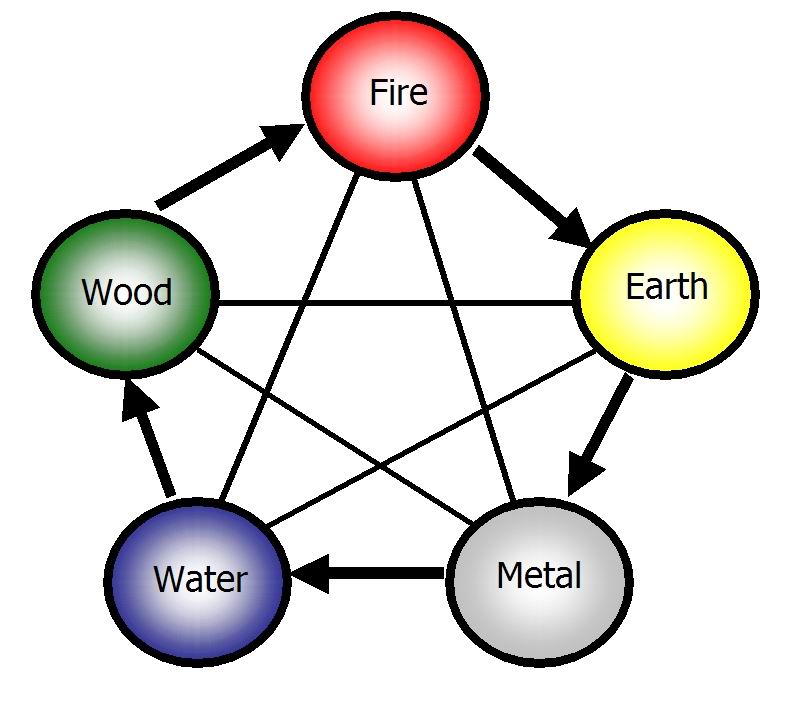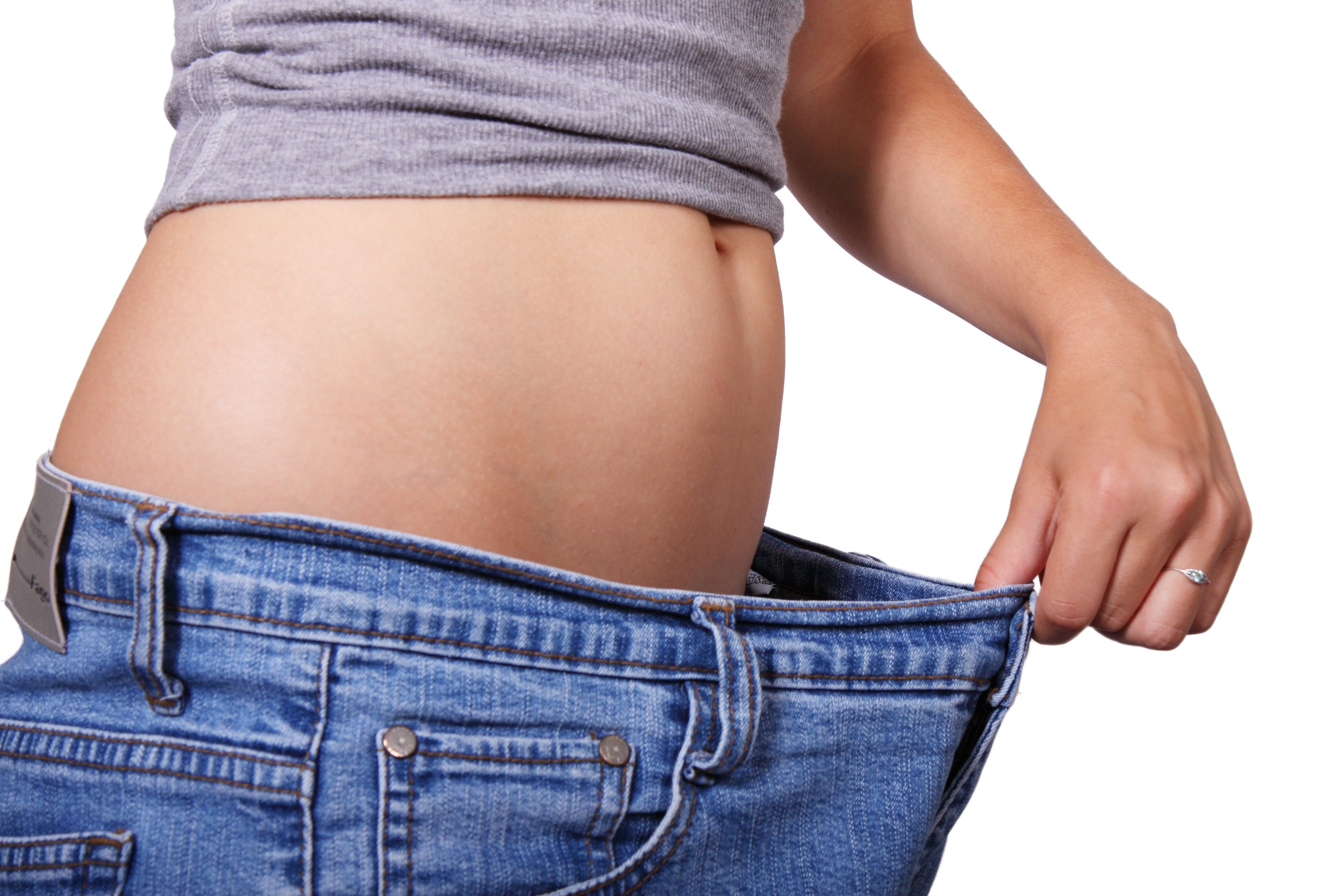Acupuncture, an ancient practice originating from Traditional Chinese Medicine (TCM), offers numerous health benefits that have made it increasingly popular in modern wellness routines. By inserting fine needles into specific points on the body, acupuncture aims to restore balance and promote the body’s natural healing abilities. Here are some of the key benefits of acupuncture:
1. Pain Relief
One of the most well-known benefits of acupuncture is its ability to provide pain relief. Research shows that acupuncture can effectively reduce pain from conditions such as chronic back pain, migraines, arthritis, and neck pain. It works by stimulating nerves and releasing endorphins, the body’s natural painkillers, which help alleviate discomfort and inflammation.
2. Stress Reduction
Acupuncture is highly effective in reducing stress and anxiety. By targeting specific pressure points, acupuncture helps to calm the nervous system, lower cortisol levels, and promote relaxation. This makes it a powerful tool for those dealing with stress-related issues or seeking a natural way to improve their mental health.
3. Improved Sleep Quality
For individuals struggling with insomnia or poor sleep quality, acupuncture offers a natural remedy. Studies have shown that acupuncture can regulate sleep patterns by balancing the body’s energy flow, promoting relaxation, and enhancing melatonin production. As a result, it helps improve both the quality and duration of sleep.
4. Enhanced Digestion
Acupuncture can also benefit digestive health by regulating the digestive system, reducing symptoms such as bloating, acid reflux, and irritable bowel syndrome (IBS). By promoting proper energy flow, acupuncture helps improve gut health and overall digestion.
5. Hormonal Balance
Hormonal imbalances, such as those experienced during menopause, PCOS, or thyroid issues, can also be addressed with acupuncture. This practice helps balance hormone levels, alleviating symptoms like mood swings, hot flashes, and irregular cycles.
In conclusion, acupuncture offers a range of benefits, from pain relief and stress reduction to improved sleep, digestion, and hormonal balance. Incorporating acupuncture into your wellness routine can enhance your overall health and well-being naturally. Always consult a licensed practitioner to determine the best approach for your individual needs.




